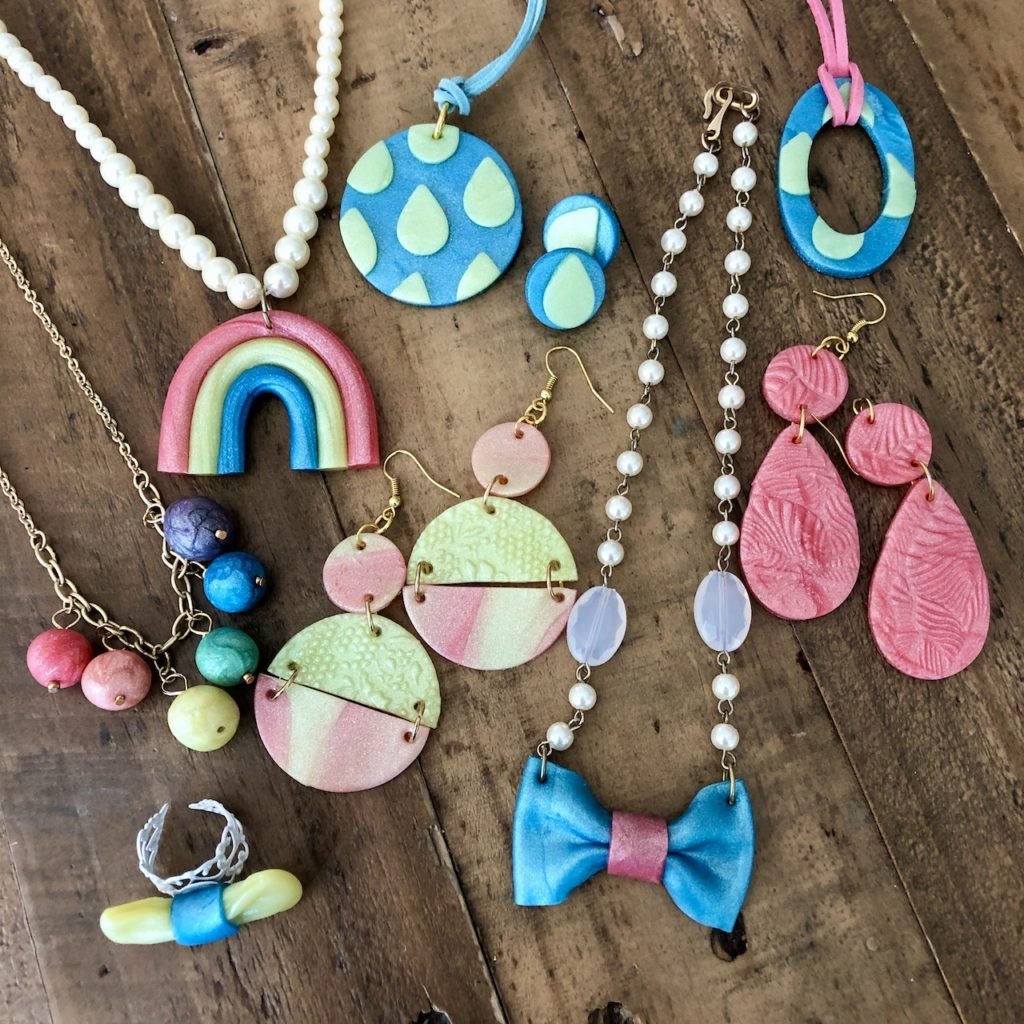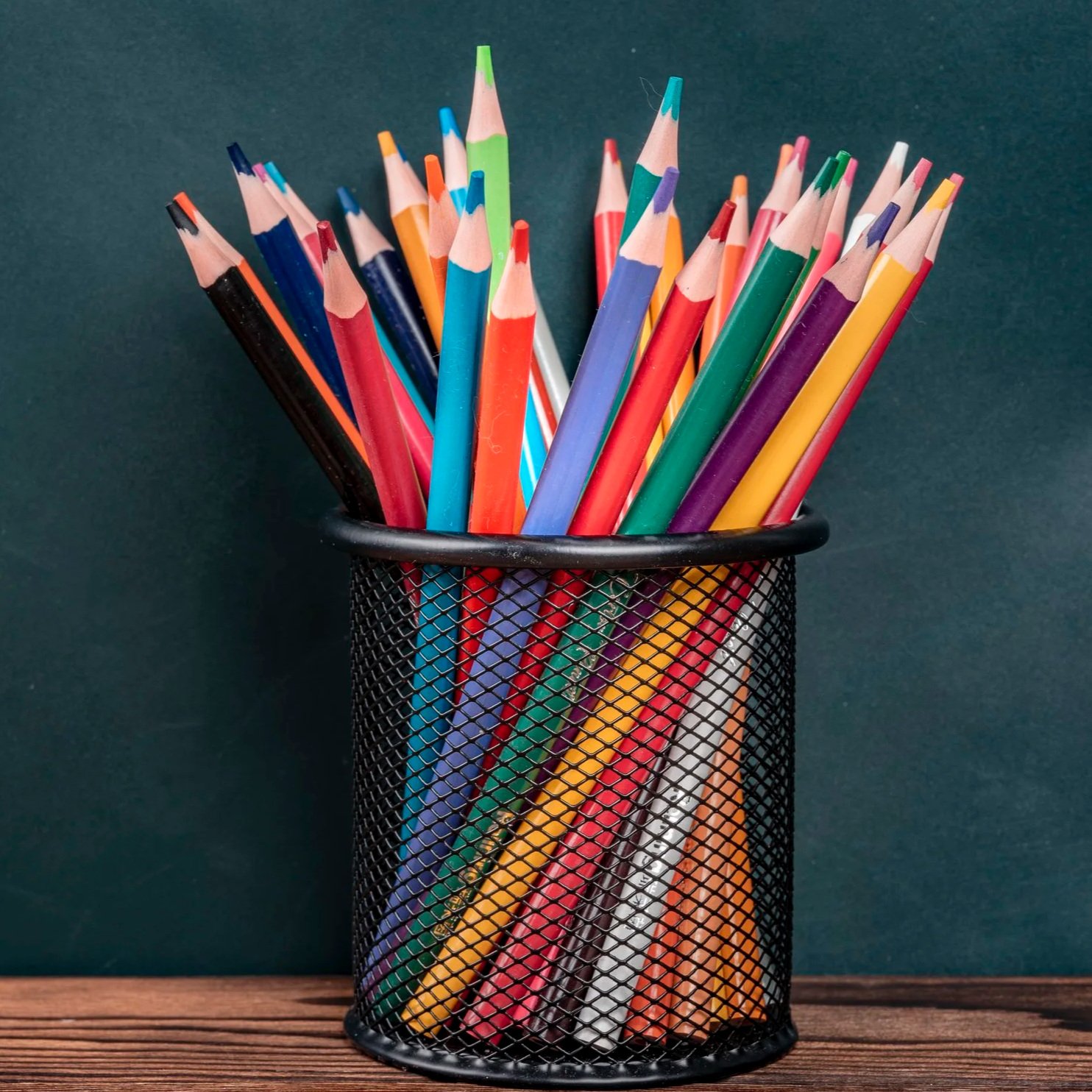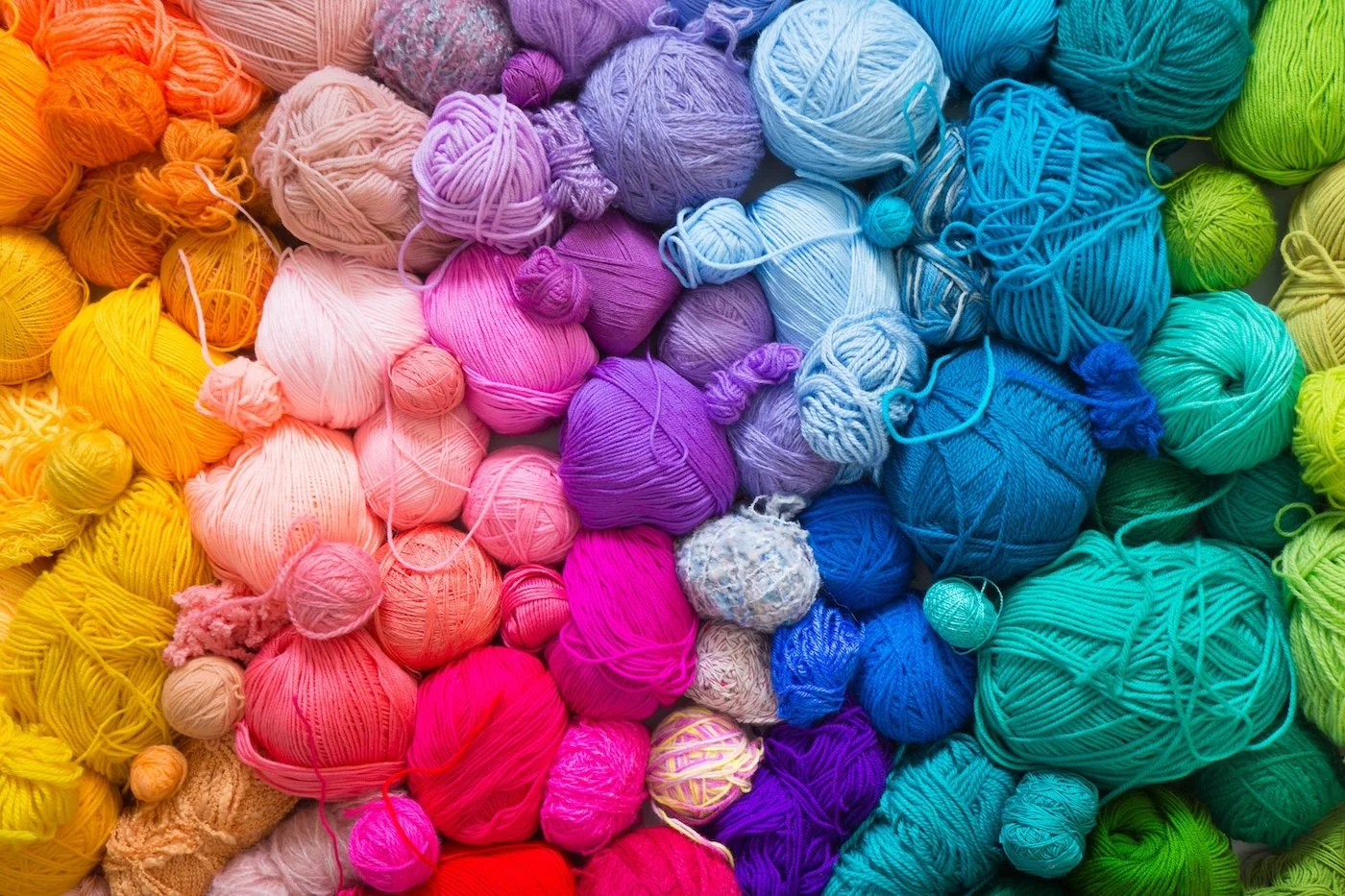 Image 1 of 4
Image 1 of 4

 Image 2 of 4
Image 2 of 4

 Image 3 of 4
Image 3 of 4

 Image 4 of 4
Image 4 of 4





Polymer Clay
Please use your best judgement. If in doubt on what your project should cost, please just weigh the clay you use and pay 50 cents per oz.
Polymer (Sculpey, Fimo, Kato) Polymer clay is a type of modeling clay that is make from a plastic base, typically polyvinyl chloride (PVC) and various additives like pigments, fillers, and plasticizers. Unlike traditional clay, polymer clay is not fired in a kiln but instead cured in an oven at relatively low temperatures, usually between 275-300°F (135-150°C). This baking process hardens the clay, making it durable and suitable for various crafts and projects.
Unlike Play-Doh, (a soft, water-based, and pliable dough designed for play and recreation, often used by children.) Polymer clay is an art material for modeling. Please do not play with this like Playdoh and then put it back.
Key Characteristics:
Synthetic Nature:Polymer clay is a man-made material, not a naturally occurring clay.
Pliability:It's known for its softness and pliability, making it easy to shape and work with.
Curing Process:It's cured in an oven, not a kiln, at low temperatures.
Durability:Once baked, polymer clay becomes strong and durable, suitable for long-lasting crafts.
Versatility:It's available in a wide range of colors, textures, and effects, making it versatile for various projects.
Uses:
Jewelry:Making beads, pendants, earrings, and other jewelry.
Sculpting:Creating figurines, characters, and other three-dimensional art pieces.
Crafts:Making decorative items, buttons, embellishments, and other crafts.
Hobbies:Used in crafting, model making, and other hobbies.
Please use your best judgement. If in doubt on what your project should cost, please just weigh the clay you use and pay 50 cents per oz.
Polymer (Sculpey, Fimo, Kato) Polymer clay is a type of modeling clay that is make from a plastic base, typically polyvinyl chloride (PVC) and various additives like pigments, fillers, and plasticizers. Unlike traditional clay, polymer clay is not fired in a kiln but instead cured in an oven at relatively low temperatures, usually between 275-300°F (135-150°C). This baking process hardens the clay, making it durable and suitable for various crafts and projects.
Unlike Play-Doh, (a soft, water-based, and pliable dough designed for play and recreation, often used by children.) Polymer clay is an art material for modeling. Please do not play with this like Playdoh and then put it back.
Key Characteristics:
Synthetic Nature:Polymer clay is a man-made material, not a naturally occurring clay.
Pliability:It's known for its softness and pliability, making it easy to shape and work with.
Curing Process:It's cured in an oven, not a kiln, at low temperatures.
Durability:Once baked, polymer clay becomes strong and durable, suitable for long-lasting crafts.
Versatility:It's available in a wide range of colors, textures, and effects, making it versatile for various projects.
Uses:
Jewelry:Making beads, pendants, earrings, and other jewelry.
Sculpting:Creating figurines, characters, and other three-dimensional art pieces.
Crafts:Making decorative items, buttons, embellishments, and other crafts.
Hobbies:Used in crafting, model making, and other hobbies.






